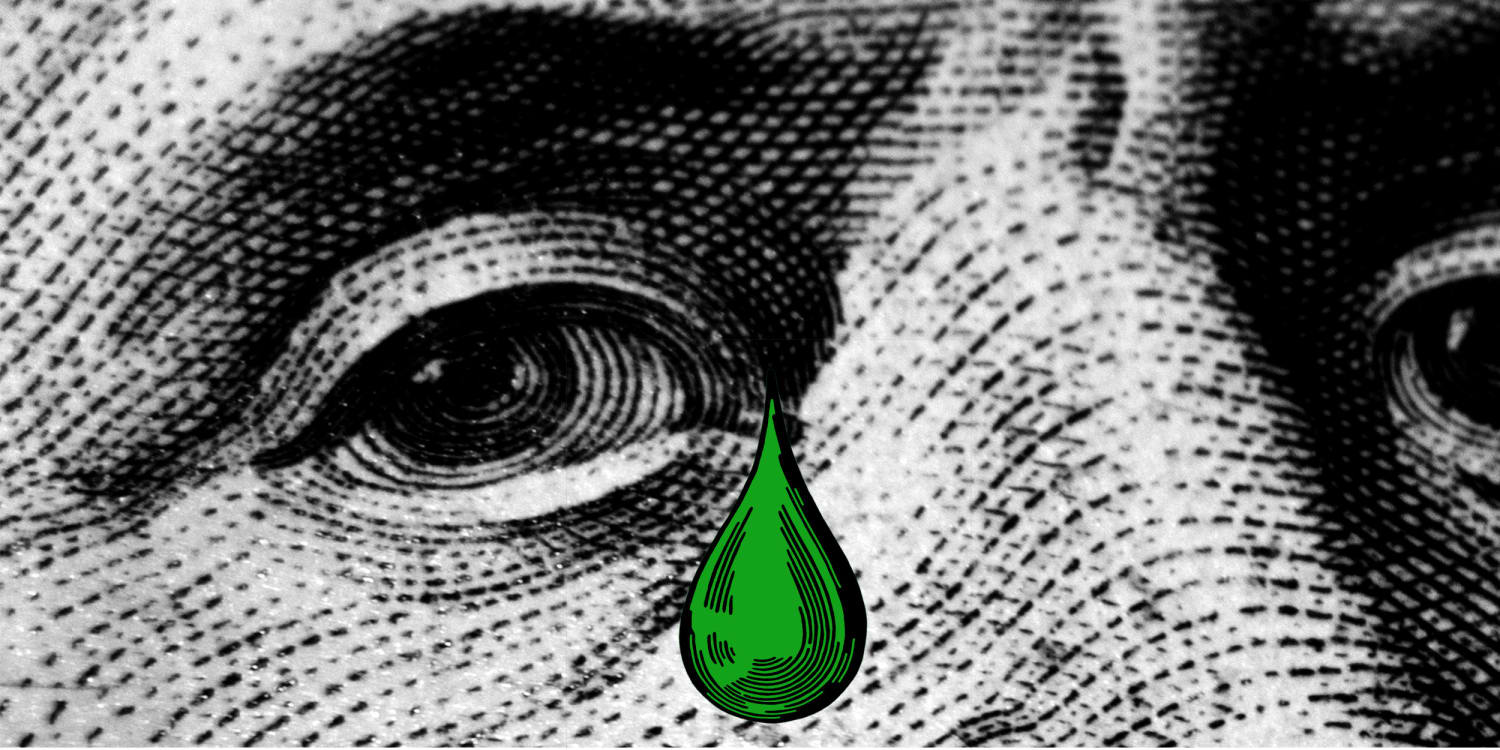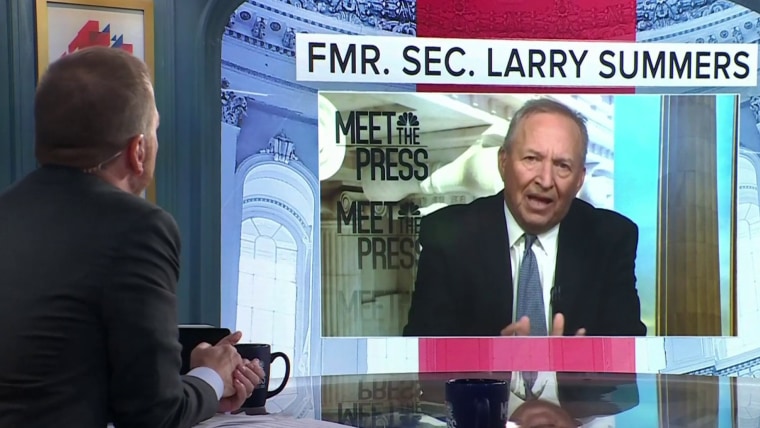We waited for vaccines, for boosters and for lockdowns to be lifted. Major life events were postponed or — worse — missed. But the hope was that life would resume on the other side of the pandemic and we would make up for lost time. Those fortunate enough to weather the pandemic with their savings intact dreamed of having a wedding, traveling or continuing their education.
The initial response may be to take care of one’s own, reminiscent of the hoarding of toilet paper at the beginning of the pandemic.
Now the stock market is tumbling, the price of necessities is spiking and there is talk of an impending recession. The return to normal has been put off again as the economy becomes the new uncertainty and limitation to contend with, and the cause of another bout of collective anxiety. Pandemic anxiety centered around health and isolation. Work and school schedules were profoundly altered. But economic anxiety can be even further reaching and can trigger a scarcity mindset that has profound psychological consequences.
When people operate out of a scarcity mindset, they attach negative feelings, such as deprivation and longing, to their inability to acquire something. Particularly during economic downturns, it can become all-consuming and trigger what is known as tunnel vision. A common example is dieting. People tend to obsess more about food when they are counting calories than when they are eating when hungry and stopping when full. When we focus on what we don’t have, it diminishes the pleasure we get from what we do have, be that time or money.
As one of my patients, who is in her 70s, said, “I already lost two years of the few I have left during the pandemic, and I don’t have too many more stock market cycles left either. Now I’m worried that I won’t have money left to visit my grandchildren after paying my bills.” Even though her children keep reminding her she actually has enough money to visit them, she no longer feels comfortable spending her money to do so.
For younger people, there is an increased sense that dreams are slipping away. Housing costs and student debt are crippling their ability to lead the lives they imagined. One 30-year-old man in my practice is anxiously looking for a new job, hoping to land something before a recession sets in. “If I am going to advance my career, I need to do it now. I’m afraid of getting caught in the ‘last hired, first fired’ cycle. People say that it’s a good time to jump ship, but I’m not so sure.” He and many others in his generation are making painful adjustments to their expectations as the world keeps changing beneath their feet. In this environment, it’s hard to feel secure — a staple of mental well-being.
As the media becomes filled with clips of Treasury Secretary Janet Yellen and Federal Reserve Chair Jerome Powell addressing the economy, rather than Dr. Anthony Fauci discussing the pandemic, we can expect anxiety about the economy to worsen. The initial response may be to take care of one’s own, reminiscent of the hoarding of toilet paper at the beginning of the pandemic. But this scarcity mindset is detrimental to a sense of community, which would serve us better.
To mitigate against the very real and corrosive worry that there isn’t enough to go around, we need to employ some reverse psychology. Counterintuitively, the best thing to do when people are in the grip of a scarcity mindset is to be generous. Acts of generosity, be they big or small, increase our individual and collective sense of well-being and bring us hope. Generosity allows us to believe there is enough to go around, which helps us relax. As a result, we think more creatively and feel better. Knowing we have something to give, rather than believing we have nothing to share, breaks down our protective barriers and opens us up to connecting with others. That connection is essential for shoring up our mental health when weathering a rough period.
One of my patients, a mother of two teenagers, is understandably anxious about rising college tuition and her shrinking retirement portfolio. As she sat before me one day looking blank and overwhelmed, I encouraged her to think back to what she used to do to make herself feel better when her children were young and she was having a tough day. Her answer was “bake cookies.”
She recalled how she would make cookies for her sons and their friends, and then described the joy she experienced when she surprised them with the goodies. Listening to the children’s laughter as they stuffed their mouths reminded her that the day was not lost and maybe she wasn’t the worst parent ever. That insight helped her recognize how her recent anxiety about money was impeding her ability to enjoy spending time with her sons. She decided that night she would go home and bake cookies and try to connect with her sons from a place of love rather than worry.
When anxiety and fear grip our hearts, it’s hard to keep our priorities straight and stay connected to others, especially in our wider community. Our culture tells us it’s “every man for himself,” even as history shows us the dire consequences of holding this attitude. We are all tired from the pandemic and no one welcomes the very real pain that comes with an economic downturn, but we have a choice either to stay connected and help one another or to go it alone and see others only as competitors for limited resources, dragging us all down.
By choosing generosity and connection we have the opportunity to strengthen our capacity to cope and lessen our anxiety. Our financial assets may be shrinking, but by making this choice rather than succumbing to a scarcity mindset, our sense of well-being can grow as we confront the challenges ahead.
Source: | This article originally belongs to Nbcnews.com











